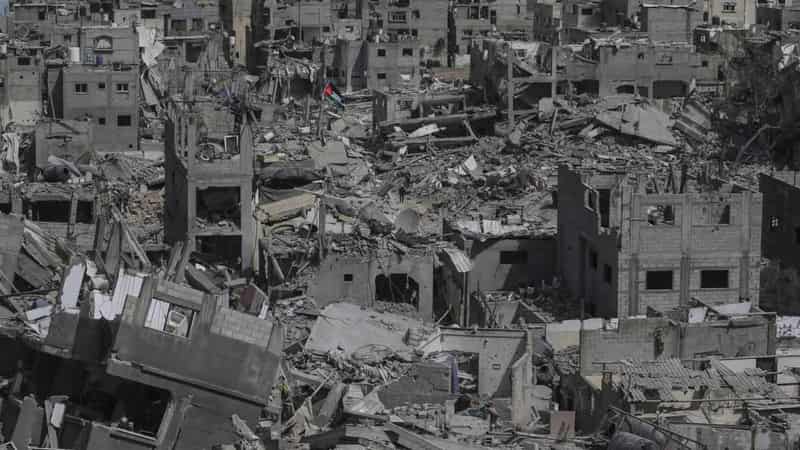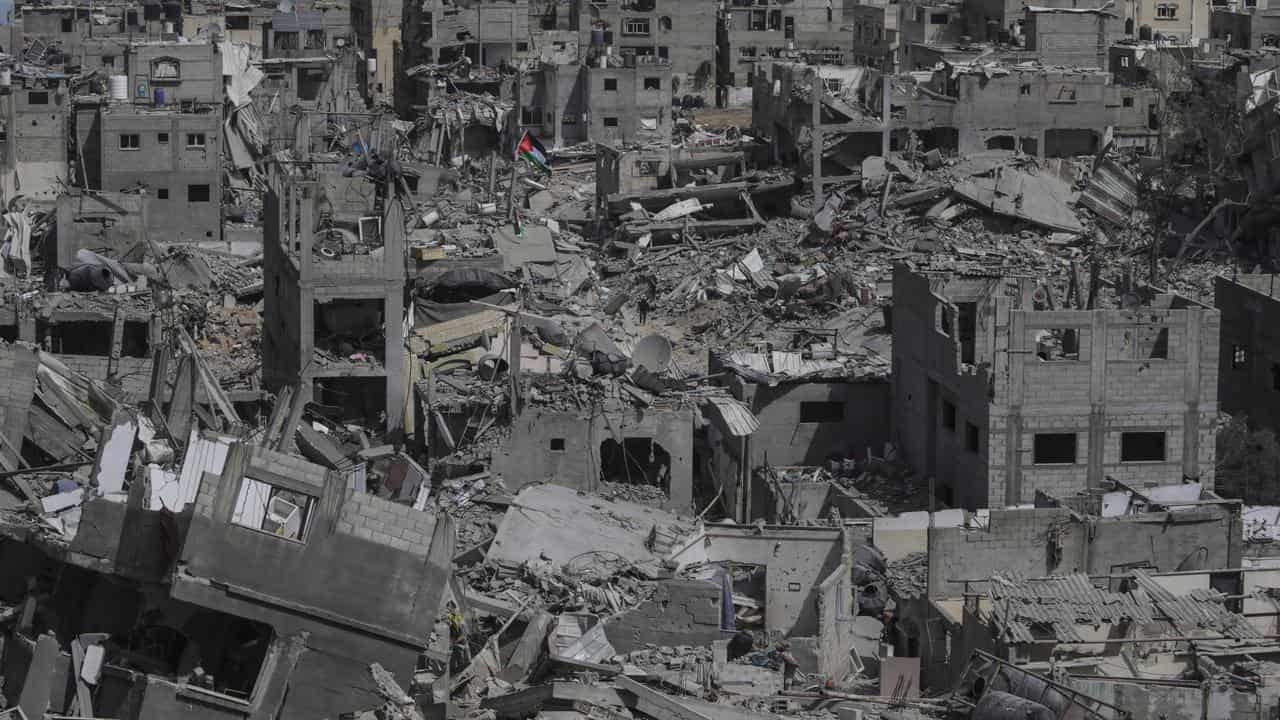
Talks on a ceasefire and hostage exchange between Israel and Hamas are deadlocked, as the humanitarian crisis in Hamas-run Gaza prompted growing Western concern and a Houthi attack on a ship in the Gulf of Aden killed at least two people.
Negotiators from the Palestinian militants, Qatar and Egypt - but not Israel - are trying to secure a 40-day ceasefire in time for the Muslim fasting month of Ramadan, which begins early next week.
Urging Hamas to accept the terms on the table, US President Joe Biden on Tuesday said ally Israel was cooperating and "a rational offer" had been made for a ceasefire in exchange for the release of Israeli hostages.
"It’s in the hands of Hamas right now," he told reporters.
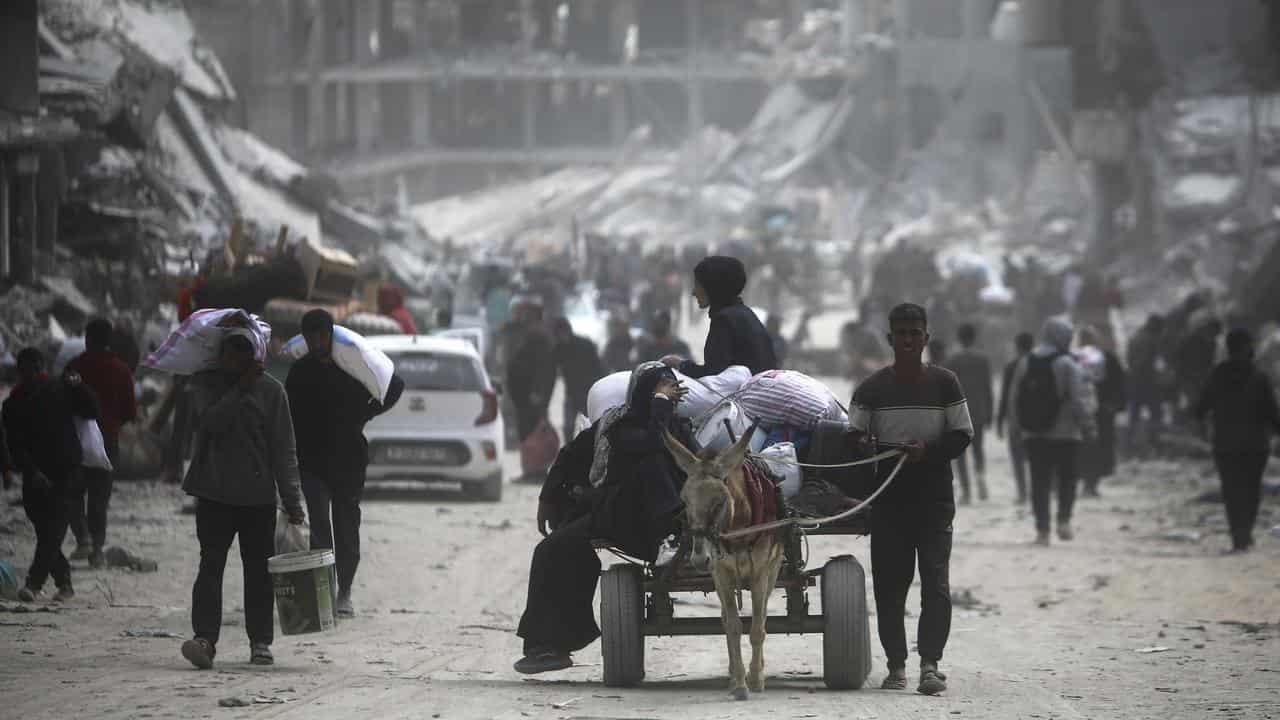
The United States is worried that the Gaza conflict could spread in the Middle East, especially after a series of attacks on vessels in the Red Sea and Gulf of Aden by Iran-aligned Houthi forces acting in solidarity with the Palestinians.
In the latest attack, at least two sailors were killed in a Houthi attack on a freighter, US and British officials said, the first deaths reported since the Yemeni group began the strikes against shipping in one of the world's busiest sea lanes.
A shipping source said earlier four sailors were severely burnt and three missing. The Greek operator of the Barbados-flagged True Confidence said the vessel was struck about 50 nautical miles southwest of the Yemeni port of Aden and was ablaze.
The US State Department said it would continue to hold the Houthis accountable for such attacks.
Hamas pledged to continue to take part in the Cairo talks, but officials in the militant group said a ceasefire must be in place before hostages are freed, Israeli forces must leave Gaza and all Gazans must be able to return to homes they have fled.
"We are showing the required flexibility in order to reach a comprehensive cessation of aggression against our people, but the occupation is still evading the entitlements of this agreement," Hamas said in a statement.
A source had earlier said Israel was staying away from the Cairo talks because Hamas refused to provide a list of hostages who are still alive. Hamas says this is impossible without a ceasefire as hostages are scattered across the war zone.
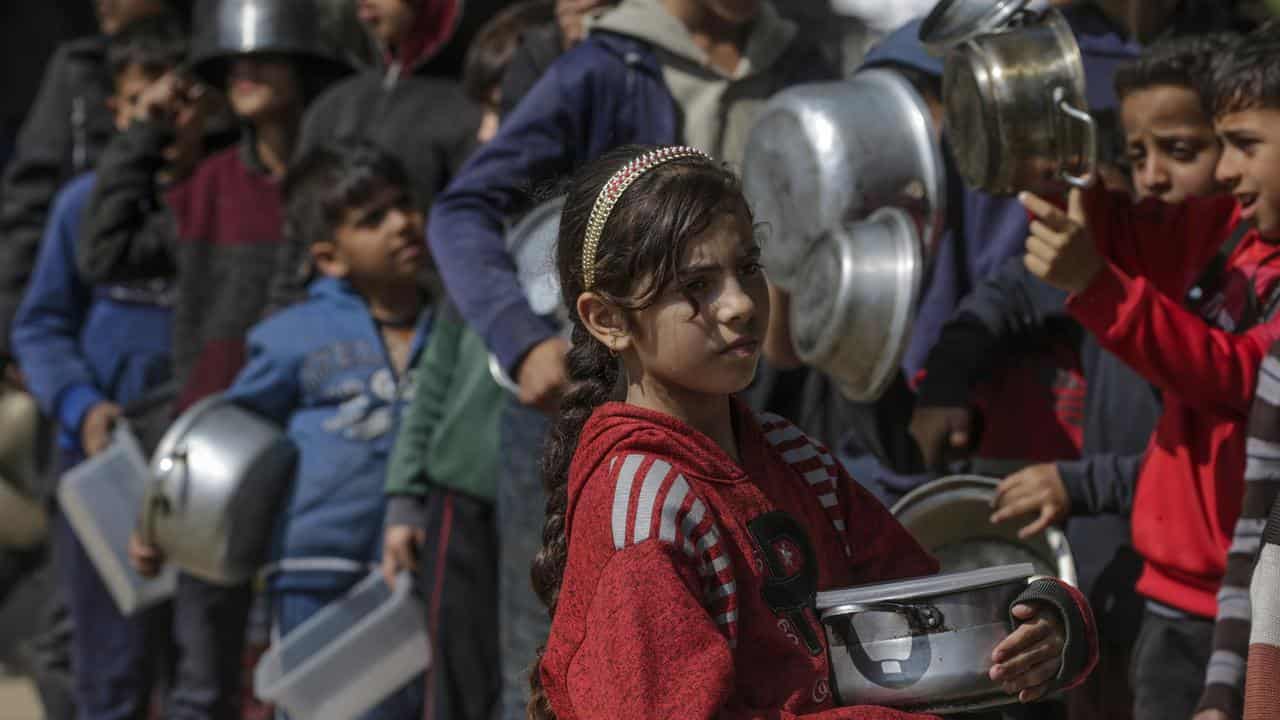
Israeli forces, which began their offensive in Gaza after the deadly Hamas raid on Israel on October 7, have continued bombarding the Palestinian enclave since the talks began in Cairo on Sunday, and the dire humanitarian situation in the densely populated coastal strip has deteriorated further.
South Africa has asked the International Court of Justice (ICJ) to order additional emergency measures against Israel, which it says is breaching the measures already in place, the United Nations' top court said on Wednesday.
Health officials in Gaza said the number of people confirmed killed in Israel's offensive had passed 30,700. It reported 86 deaths in the past 24 hours and witnesses said the Israeli bombardments continued in Khan Younis, the southern city of Rafah and areas in central Gaza.
The Gaza health ministry said two Palestinians, aged 15 and 72, died of dehydration and malnutrition in Al Shifa and Kamal Adwan hospitals on Wednesday, raising the toll of such deaths in just over a week to 20. Reuters could not verify the deaths.
A ceasefire is being sought before Ramadan because Palestinian-Israeli violence in Israel and the occupied Palestinian territories often rises during the fasting month, as does hostility towards Israel in the Arab and Muslim world.
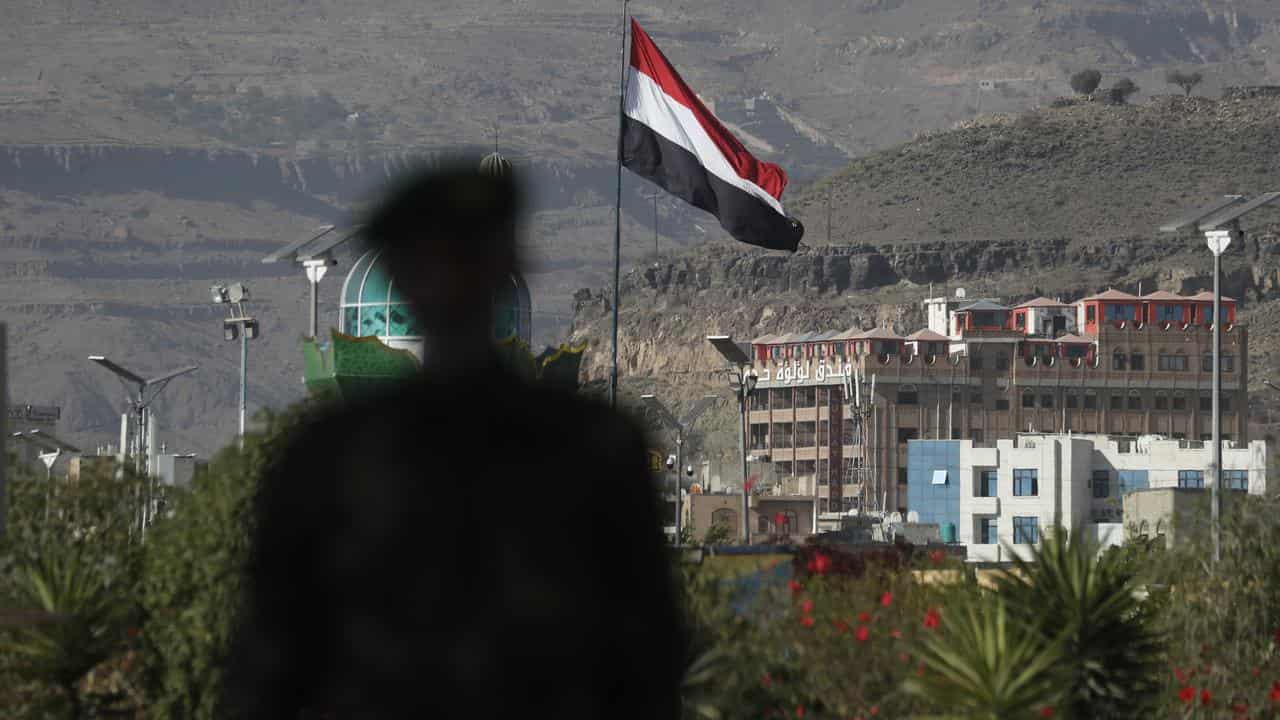
The deal presented to Hamas for Gaza would free some of the hostages it still holds following the October 7 attack, in which Israel said 1200 people were killed and 253 abducted.
Aid to Gaza would be increased to try to avert famine as hospitals treat acutely malnourished children, and Hamas would provide a list of all the hostages.
Hamas says any exchange of prisoners cannot take place until after a ceasefire. Israel wants merely a pause in fighting to get hostages out of Gaza and more aid in, and says it will not end the conflict before Hamas is "eliminated".
Senior Hamas official Bassem Naim said the Islamist group had presented its own draft deal and was awaiting a response from Israel, and that "the ball now is in the Americans' court".
